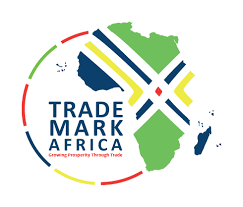Intra-country trade in 10 key African countries remains difficult amid currency volatility and international capital flight, as business struggle to find the foreign currency, most notably the dollar, needed to pay for imports, according to the 2023 Standard Bank Africa Trade Barometer (ATB).
The key finding in the study conducted by Standard Bank, Africa’s largest bank, also says that the shortage of foreign currency has been caused by the depreciation of local currencies, rampant inflation, higher global interest rates, rising sovereign debt burden and capital flight in the continent’s developed markets. The ATB was launched last year to address the information vacuum surrounding African trade data and is now one of Africa’s leading trade indexes, supporting the growth of intra-Africa trade. In this year’s edition, the barometer concentrates on ten countries — Angola, Ghana, Kenya, Mozambique, Namibia, Nigeria, South Africa, Tanzania, Uganda and Zambia.
Poor infrastructure, complex policies as well as import and export duties have also adversely hit perceptions of businesses in terms of ease of trading with other African countries, according to the ATB. But despite these challenges, general confidence in most of the 10 countries surveyed has improved. “Macroeconomic conditions across the 10 featured countries are mixed, with significant downside risks occurring in many markets negatively impacting the tradability attractiveness of these countries,” said Philip Myburgh from Standard Bank’s business and commercial banking unit. “The ease of trading across borders is rated at 43 points, below the neutral score of 50. Trade between countries is, therefore, still difficult.”



